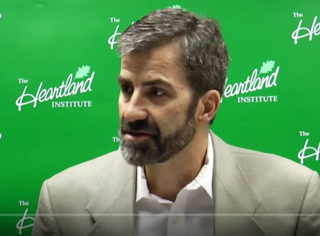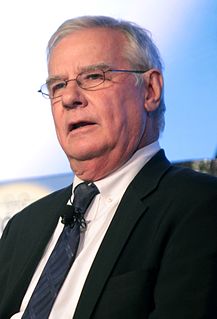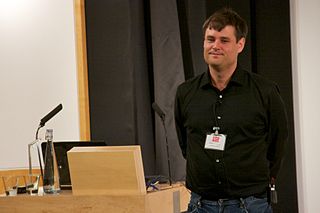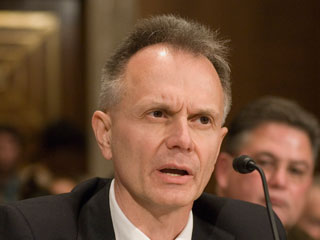A Quote by Joseph L. Bast
The scientists Heartland works with demanded we host a ninth conference this year to foster a much-needed frank, honest, and open discussion of the current state of climate science and we just couldn't refuse. The public, the press, and the scientific community will all benefit from learning about the latest research and observational data that indicate climate science is anything but 'settled.
Related Quotes
Despite the international scientific community's consensus on climate change, a small number of critics continue to deny that climate change exists or that humans are causing it. Widely known as climate change "skeptics" or "deniers," these individuals are generally not climate scientists and do not debate the science with the climate scientists.
The conference also has a moral duty to examine the corruption of science that can be caused by massive amounts of money. The United States has disbursed tens of billions of dollars to climate scientists who would not have received those funds had their research shown climate change to be beneficial or even modest in its effects. Are these scientists being tempted by money? And are the very, very few climate scientists whose research is supported by industry somehow less virtuous?
I don't like to claim that I am an expert on anything, but I have enough knowledge about climate science and climate system to be able to write scientific papers and go to meetings and talk about monsoon systems and talk about any other things that you want to discuss about climate science issues. I'm as qualified as anybody that you know on this planet on this topic.
We have to overthrow the idea that it's a diversion from 'real' work when scientists conduct high-quality research in the open. Publicly funded science should be open science. Improving the way that science is done means speeding us along in curing cancer, solving the problem of climate change and launching humanity permanently into space.
Look, first of all, the climate is changing. I don't think the science is clear what percentage is man-made and what percentage is natural. It's convoluted. And for the people to say the science is decided on, this is just really arrogant, to be honest with you, it's this intellectual arrogance that now you can't even have a conversation about it. The climate is changing, and we need to adapt to that reality.
I’ve often said that global climate change is an issue where no one has the luxury of being “half-pregnant.” You either are or you aren’t. And so it is with climate change. You either understand and accept the science – or you don’t. Folks this isn’t a cafeteria where you can pick and choose and accept the science that tells us what is happening, but then reject the science that warns us what will happen.
The scientific community should work as hard as possible to address major issues that affect our everyday lives such as climate change, infectious diseases and counterterrorism; in particular, 'clean energy' research deserves far higher priority. And science and technology are the prime routes to tackling these issues.

































